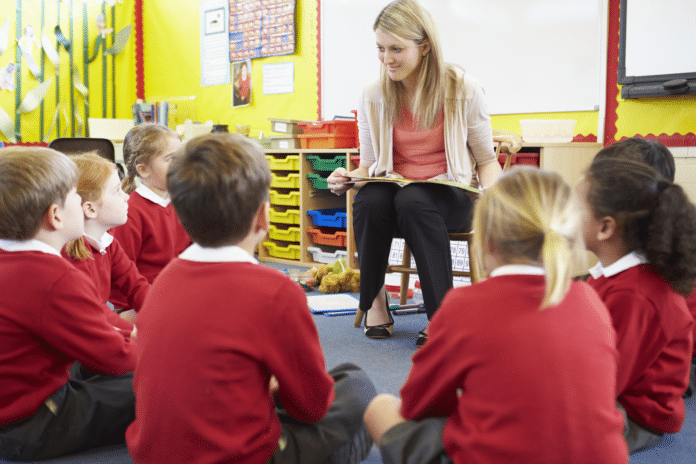(Daily Caller News Foundation) — Young children are continuing to miss key reading benchmarks at a higher rate than before the COVID-19 pandemic, according to several studies.
The number of students nationwide whose literacy skills are considered developmentally “on track” has yet to return to pre-COVID-19 levels, according to an Amplify Education study, though literacy did improve in the 2021-2022 school term compared to the previous year. A greater percentage of elementary school students across all grade levels were deemed to have literacy skills that were “far behind” and needing “intensive intervention,” compared to before the pandemic, according to the study.
Similarly, the percentage of students with below average reading proficiency scores in Virginia hit the highest levels ever recorded by the University of Virginia’s (UVA) Phonological Awareness Literacy Screening in the fall of 2021, according to a UVA study. Researchers called the development “especially alarming” and noted that, even as students made their way back to classrooms in the last school year, they were still grappling with the effects on education of pandemic-related shutdowns.
The decline in reading proficiency was especially pronounced among black and Hispanic students, English language learners and economically disadvantaged students, according to the UVA study.
School administrators at Capital Preparatory Harbor Lower School, a charter elementary school in Connecticut, told The New York Times that students who were out of the classroom during crucial periods of development often had to review kindergarten-level material in the first and second grade.
Following pandemic-related shutdowns, more students exhibited below grade level reading skills in earlier grades, and below grade level mathematics skills across all grades, according to a study published by Curriculum Associates in November 2021.
“More students are underprepared for grade-level work compared to historical benchmarks,” the authors of the study wrote, adding that learning inequalities for students of color and students in lower-income communities were “exacerbated by the condition of education during the pandemic.”
















